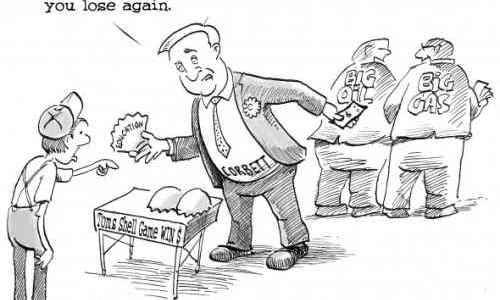Paul Krugman talks about how the Issac Asimoc Foundation novels influenced him in his youth, and why that led him to economics.
http://www.guardian.co.uk/books/2012/dec/04/paul-krugman-asimov-economics
Yet if the Foundation books are a tale of prophecy fulfilled, it's a very bourgeois version of prophecy. This is no tale of the secret heir coming into his heritage, of the invincible swordsman winning the day with his prowess. Asimov clearly despises both aristocracy and militarism; his heroes, such as they are, are unpretentious and a bit uncouth, with nothing martial about them. "Violence is the last refuge of the incompetent," declares Mayor Salvor Hardin.
But wait: Foundation isn't about the triumph of the middle class, either. We never get to see the promised Second Empire, which may be just as well, because it probably wouldn't be very likeable. Clearly, it's not going to be a democracy – it's going to be a mathematicized version of Plato's Republic, in which the Guardians derive their virtue from the axioms of psychohistory. What this means for the books is that while a relatively bourgeois society may be the winner in each of the duels, Asimov is neither endorsing that society nor giving it a special long-run destiny. What this means for the storytelling is that the struggles don't have to be and aren't structured as a conventional tale of good guys versus villains, and the novels have that unexpected cynicism. The Foundation may start out a lot nicer than its barbarous neighbours, but it evolves over time into a corrupt oligarchy – and that's all part of the plan. And because the story arc is about the fulfilment of the Seldon Plan, not the triumph of the men in white hats, Asimov is also free to make some of his villains not especially villainous. Read more »


